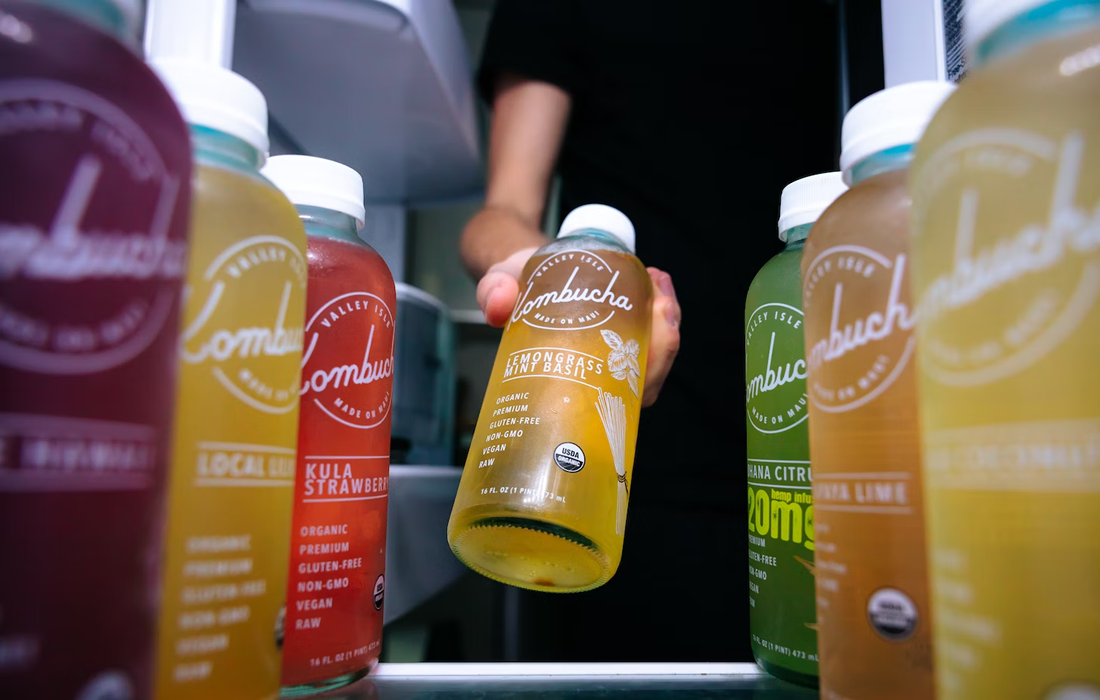Regenerative Medicine News and General Information
Promising Hypertension Treatments
An estimated 40% of the global adult population have high blood pressure, or hypertension, which puts people at risk of cardiovascular disease and other dangerous health conditions.
Recent studies suggest that probiotics may offer a protective effect, but researchers have a limited understanding of why shaping the gut microbiota can regulate blood pressure. A study published this week in mSystems adds 2 new strains to the list of potential antihypertensive probiotics.
In experiments on hypertensive mice, treatment with the 2 probiotics, Bifidobacterium lactis and Lactobacillus rhamnosus, returned blood pressure to normal levels. The researchers also tracked how those probiotics altered the animals’ gut microbial mix over 16 weeks, identifying specific microbes and metabolic pathways that may help explain the protective effect.
Previous studies have connected the rising rates of hypertension worldwide to increasing consumption of sugar. It likely boosts blood pressure through many mechanisms — increased insulin resistance or salt retention, for example — but in recent years researchers have investigated sugar’s effect on the gut microbiome, as well.
In the new study, the researchers tested the 2 probiotic strains on mice that developed high blood pressure after consuming water mixed with fructose. Over 16 weeks, they measured the animals’ blood pressures every 4 weeks. They found that fructose-fed mice that received either probiotic showed significantly lower blood pressures than those fed a high fructose diet and not treated with probiotics.
In addition, the researchers found no difference between the blood pressure readings of fructose-fed mice that received probiotics and a control group of mice that only drank water.
The researchers used shotgun metagenomic sequencing to probe connections between the altered gut microbiota and the change in blood pressure.
They found that a high-fructose diet in the mice led to an increase in Bacteroidetes and a decrease in Firmicutes bacteria; however, treatment with probiotics returned those populations to those found in the control group.
In addition, the analysis identified new microbial signatures associated with blood pressure: Increased levels of Lawsonia and Pyrolobus bacteria, and reduced levels of Alistipes and Alloprevotella, were associated with lower blood pressure.
The researchers are now planning a large clinical trial to see if the protective effect of probiotics extend to people with hypertension.
Sources:
Yong Zhang, Tingting Zheng, Da Ma, Peng Shi, Heping Zhang, Jun Li, Zhihong Sun. Probiotics Bifidobacterium lactis M8 and Lactobacillus rhamnosus M9 prevent high blood pressure via modulating the gut microbiota composition and host metabolic products. mSystems, 2023; DOI: 10.1128/msystems.00331-23
American Society for Microbiology. (2023, October 19). Two probiotics identified as promising hypertension treatments. ScienceDaily. Retrieved October 20, 2023 from www.sciencedaily.com/releases/2023/10/231019111247.htm
Image from: https://unsplash.com/photos/orange-and-green-labeled-bottle-dke3_KCdZaw

